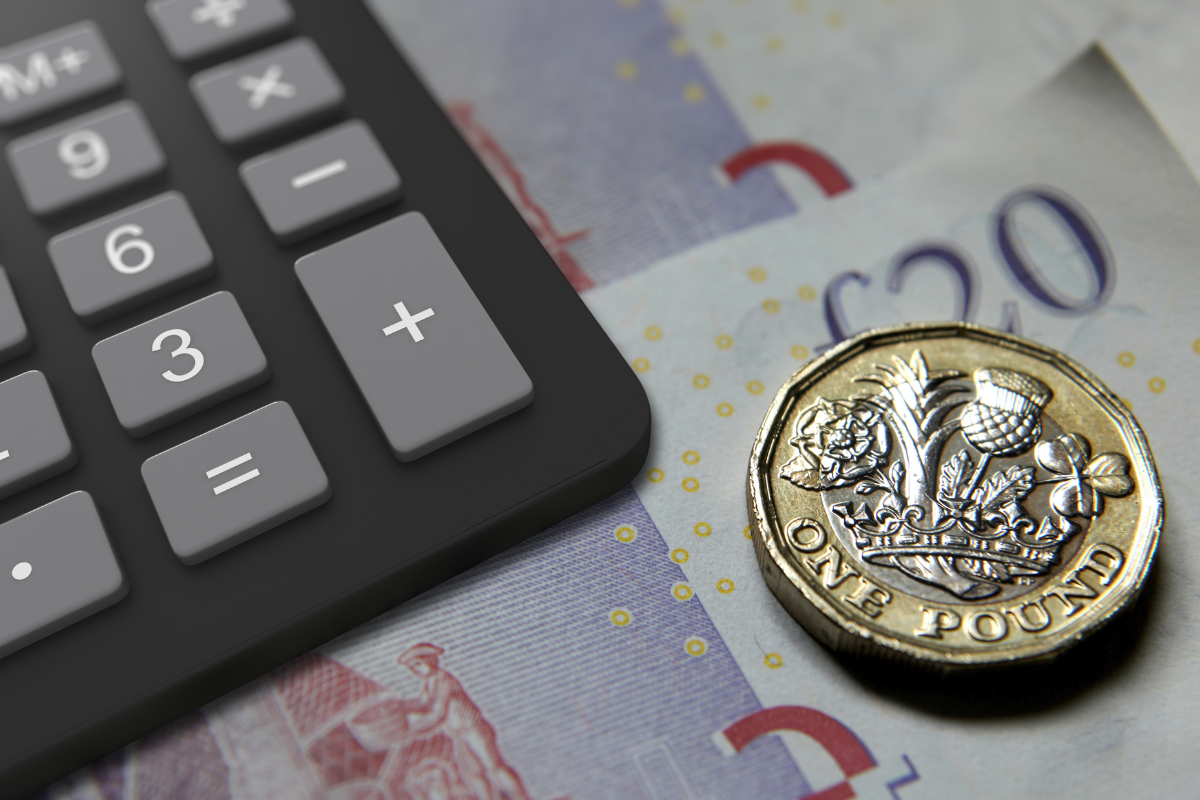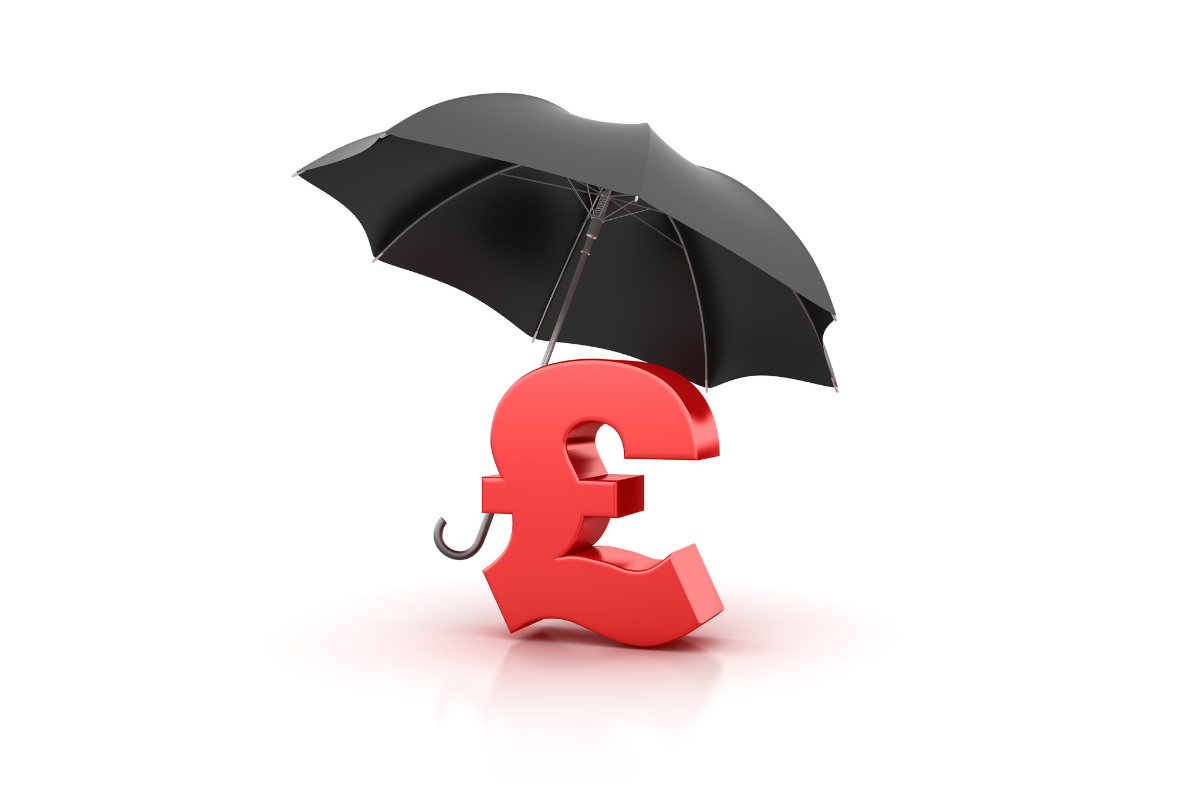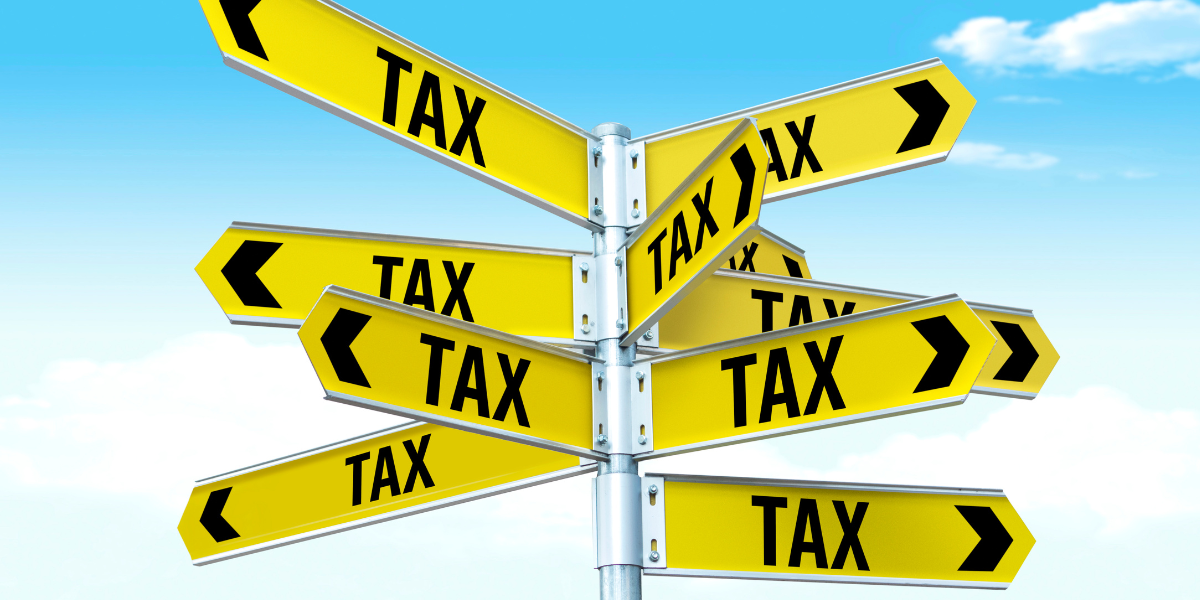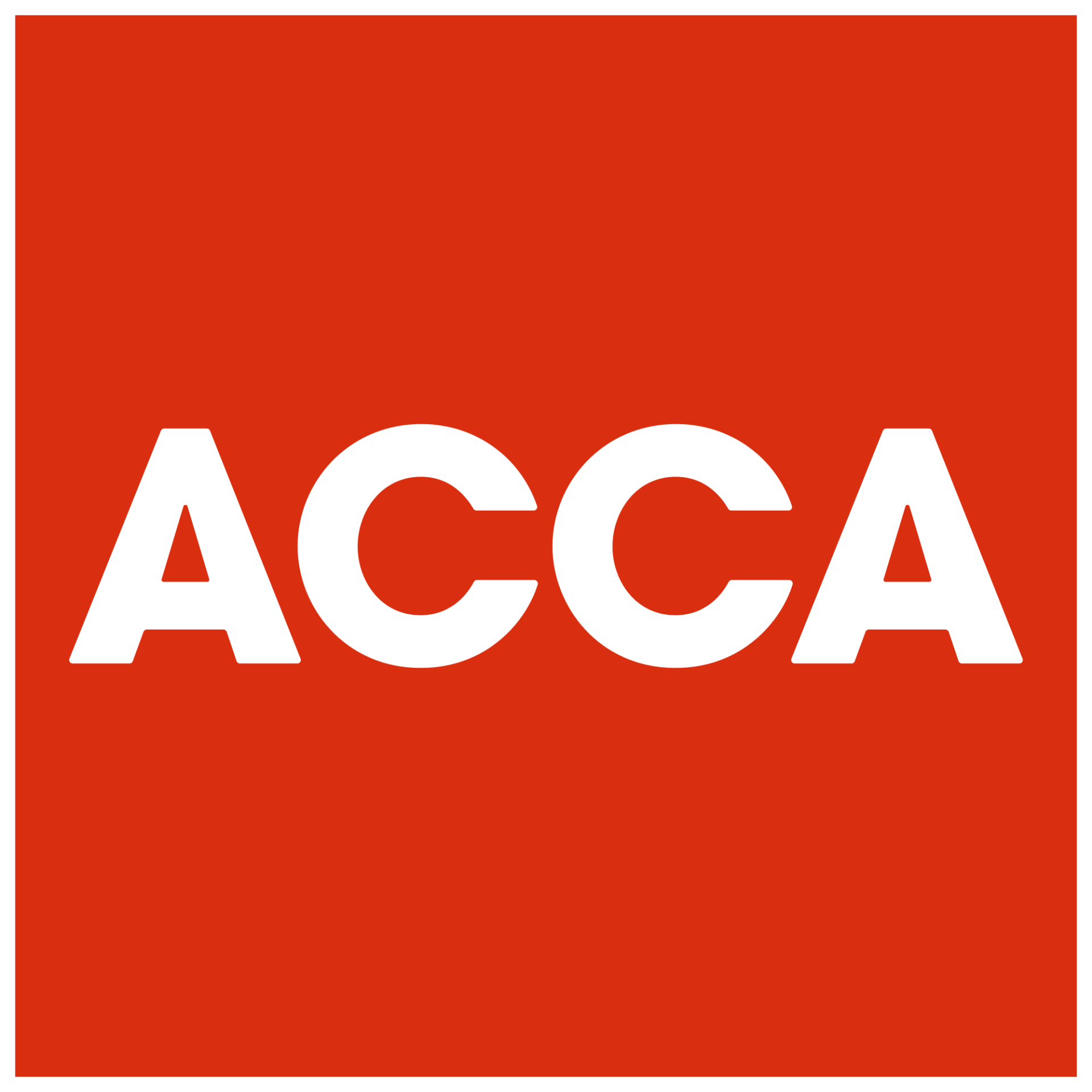What is capital gains tax?
15 February 2022
One of the questions we get asked most often is: what is capital gains tax? In this post, we're sharing the main points you need to understand about capital gains.
To summarise:
- A capital gain is the profit you make when selling an asset.
- Some examples of assets where you may pay capital gains tax on are properties (not your main home), shares (apart from shares in an ISA), cryptocurrencies and business and some personal assets.
Capital gains tax
- If the ‘gain’ you make is less than £12,300.00, you do not need to pay capital gains tax. This is due to the capital gains allowance of £12,300.00.
- Any gains made above £12,300.00 will be charged at either 10% or 20% capital gains tax, depending on which tax bracket your income lies in.
- Properties have different tax rates - 18% or 28%. These tax rates also depend on the tax bracket your income lies in.
- If you have made a loss on an asset in a previous year, the losses can be brought forward against gains made, however, this can depend on the type of asset.
Other tax reliefs
- There is also a capital gains allowance for trusts up to £6,150.00.
- If you gift an asset to your civil partner, you do not need to pay capital gains tax on the asset received unless you separated/did not live together in that specific tax year (a tax year runs from the 06th April of one year to the 05th April in the following year), or the asset was given for the purpose to sell off for business use.
- You do not need to pay capital gains tax on assets that you give to charity. However, if you sell the asset for less than the market value or more than you paid for it, you may need to pay tax.
How to declare capital gains/losses
- Capital gains/losses can be declared via a self-assessment tax return.
- You will need to keep records of the assets such as the date you made the purchase alongside the amount, any costs associated with the asset (professional fees, stamp duty, improvement costs, etc.), and the date the asset was sold alongside the amount.
Further information
For any further information regarding capital gains, tax reliefs/allowances, or anything else, please contact us at 1st Class Accounts using the form below and we will be happy to help!
Reference:
https://www.gov.uk/capital-gains-tax/what-you-pay-it-on

What is the Start Up Loans scheme and how does it work? The Start Up Loans Programme was launched in 2012 by the Start Up Loans Company, with the aim of promoting entrepreneurship in the UK and making it easier for new businesses to access financing. This government-backed personal loan is available to individuals who are eligible and allows for borrowing up to £25,000. The scheme includes a repayment plan set at a fixed interest rate of 6% per annum over a period of 1-5 years. Successful applicants benefit from 12 months of free business mentoring through the programme's network of Delivery Partners and access to Open University business courses. What are the requirements to be eligible for the loan? Applicants must be at least 18 years old, a resident of the UK with the right to work, and have a business based in the UK that has been trading for less than 2 years. Additionally, applicants must demonstrate that they are unable to obtain financing from other sources and have passed a credit check, indicating their ability to repay the loan. Also, for a business to be eligible for the loan scheme, its business activity must not be related to any of the following categories: Weapons Chemical manufacture Drugs Illegal activities Banking & money transfer services. Private investigators Gambling and betting Property investment Charities What are the benefits of the Start Up Loans scheme? Opting for a government-backed loan to finance a business has numerous benefits. One of the major advantages is that the loans are "unsecured". This means it does not require any collateral or personal guarantee. Therefore, the risks associated are low. Moreover, the interest rate and overall repayment terms are comparatively more favourable than other types of business loans. This scheme is very useful for individuals, especially directors of new limited companies to fund and help their company grow. If you have any questions regarding this please do not hesitate to contact us. At your service!

Time to read: 2 minutes DS01 is a voluntary way to dissolve a limited company, this is sent to Companies House and once submitted can be struck off from the Register of Companies. For this application to be accepted the company must have met a certain criterion: up to or more than three months there should no trading, selling of property, changing the company name, or clearing all debts. How to file a DS01 Two of the most common ways an individual can file a DS01 is by completing a paper form or a form online . Filing a DS01 using a paper form A paper form can be found online. An individual would need to search for DS01 and click the hyperlink “Strike off a company from the register”. The relevant page will now show you information about a DS01. An individual can print off the form on this website and fill out the necessary information, such as the company's full name, directors’ signatures, and the company number. After the individual will carefully seal it in an envelope and send this off to HMRC. Once this has been accepted, the individual will receive confirmation of the DS01’s submission. Filing a DS01 using an online form An online form can easily be accessed the same way as a paper form. The individual will search for DS01 online and go onto “Strike off a company from the register”. On the page, scroll down to ‘close a company online’. This will take the individual to a starting page. The individual will put the relevant information such as the company’s registration number, and the companies' house authentication code. This is for HMRC to find the correct company to dissolve. It will then ask to confirm the director's name and if they wish to submit this form. At your service!










